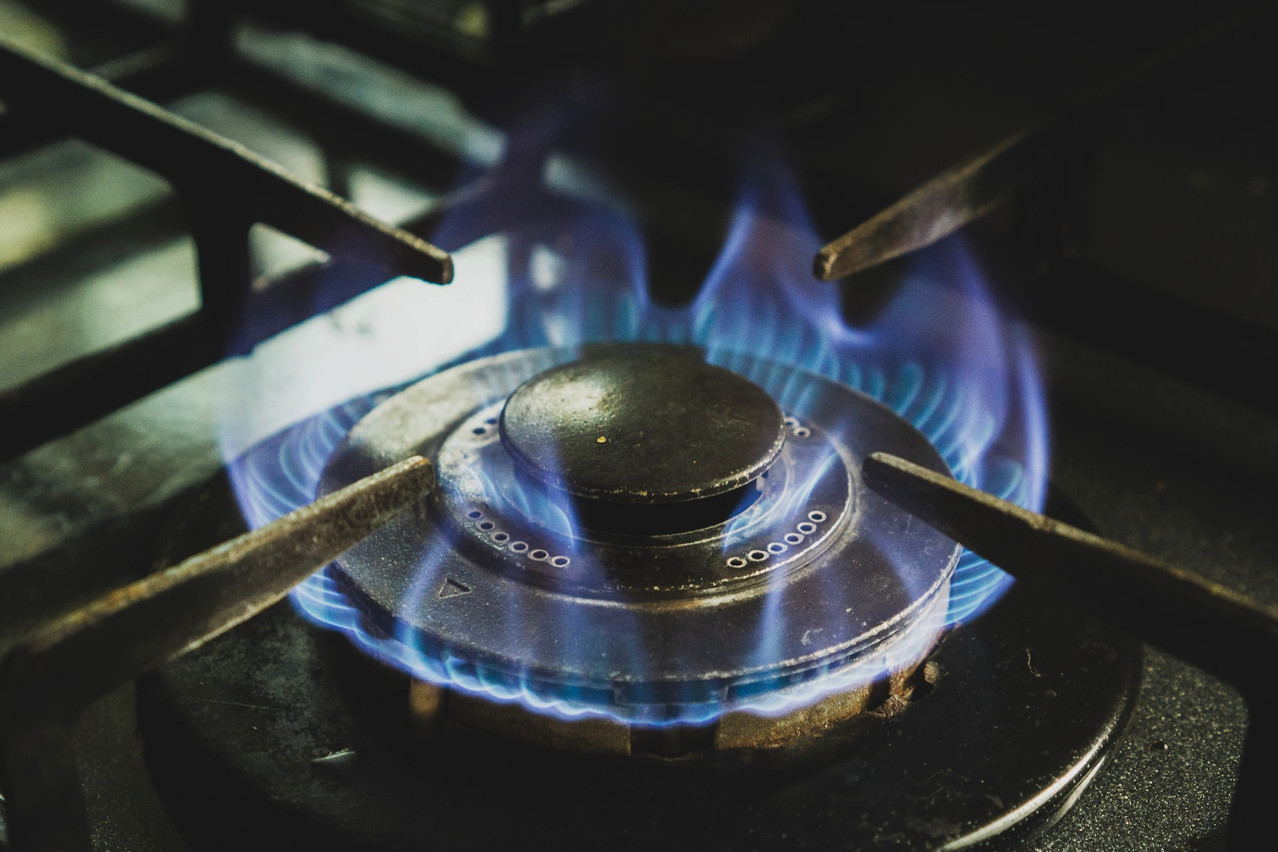The grand duchy essentially imported 100% of its natural gas needs in 2021, as did Belgium, Estonia, Spain and Portugal, Eurostat on 19 April.
The EU statistics bureau reported that several countries imported more than 100% of their annual usage--Malta (104%), Sweden (102%) and Lithuania (101%)--due to stockpiling.
However, import dependency is not the same metric as total energy dependency. Sweden, Finland and Estonia may have been 100% reliant on imports to secure natural gas supplies, but natural gas only made up 3%-8% of their overall energy use.
The most heavily exposed country was Italy (94% import dependency in 2021 and 40% share of all energy use).
Ireland only relied on imports for 71% of its natural gas, but natural gas constituted a third of its total energy demand. The Netherlands has been a heavy natural gas user (38% of total energy) but has been less dependent on imports (33% dependency rate) due to domestic production.
Luxembourg needs to import all of its natural gas, but natural gas only represents 16% of the grand duchy’s overall energy mix.
The EU collectively was 84% dependent on imported natural gas in 2021, down a tick from 84% in 2020. Natural gas contributed about a quarter to total energy usage.
Dependency is calculated by dividing net imports by domestic demand.
